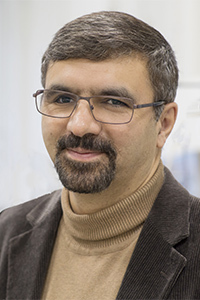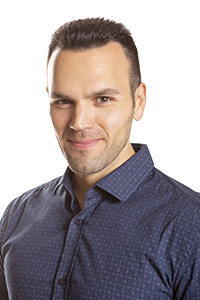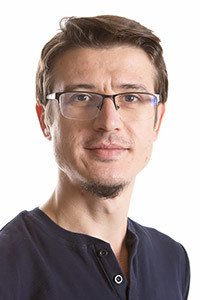Sustainable biorefineries by developing VFA platform
Start date: 2020-11-01
End date: 2023-10-25
The state-of-the-art in organic waste handling strategies simply hover around low-value creating practices such as biogas and fertilizer/compost production or incineration. However, a promising but hitherto not well developed line of research, is to extract and transform the intermediate products of anaerobic digestion such as volatile fatty acids into high-value products, such as animal feed, denitrification carbon source in wastewater treatment, biofuels such as butanol, bioplastics and single cell proteins.
In this project we try to develop a holistic bio-based approach through establishing a biorefinary that covers the whole spectrum of waste management and value-creation. The proposed process includes treating a diverse ranges of low value or negative value organic wastes and residues, such as food waste, wastewater excess sludge, animal manure, pulp and paper sludge, agricultural residues etc. to volatile fatty acids. This will be achieved by merging anaerobic bioreactors with membrane filtration technology at laboratory and pilot scale. The produced volatile fatty acids are then purified and/or concentrated to be marketed and/or used directly or indirectly. These volatile fatty acids create a new source of sustainable feed source for cattle and sheep either as energy- and nutrient-rich drink or as a protein-rich supplement (after conversion to single cell protein). In addition the acquired fatty acids will be used as a new source of carbon for denitrification stage of wastewater treatment, replacing fossil-based conventional carbon sources such as methanol creating a more sustainable and fossil-independent wastewater treatment process.
This second stage Vinnova project is conducted in collaboration between the University of Borås, two industrial partners in the agricultural and animal husbandry sectors, one industrial partner in wastewater treatment, one partner in waste management and handling, one industrial partner in single cell protein and Chalmers Technical University.
The University of Borås is the project leader for this three-years.
Head of Research
Mohammad Taherzadeh
Professor
033-435 5908





